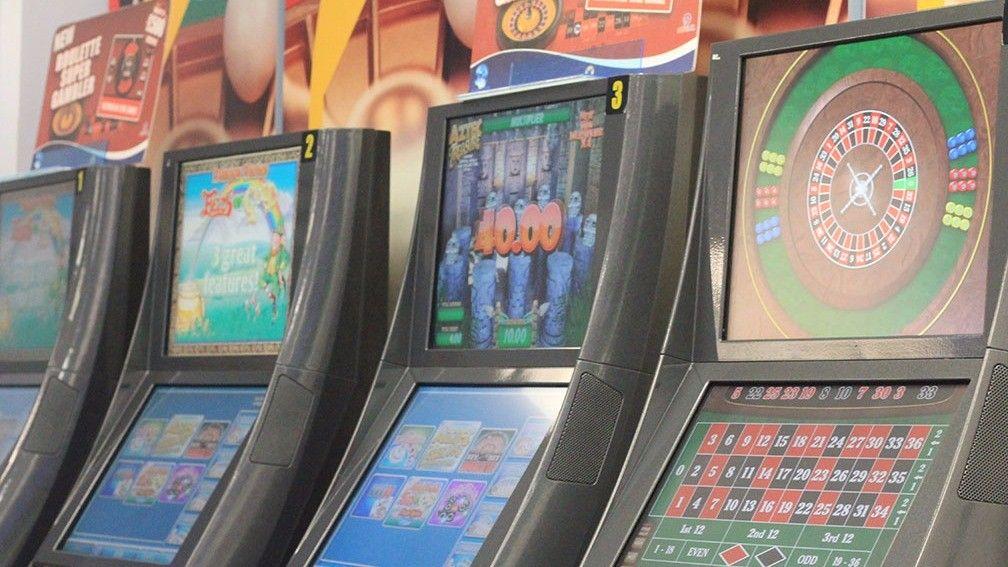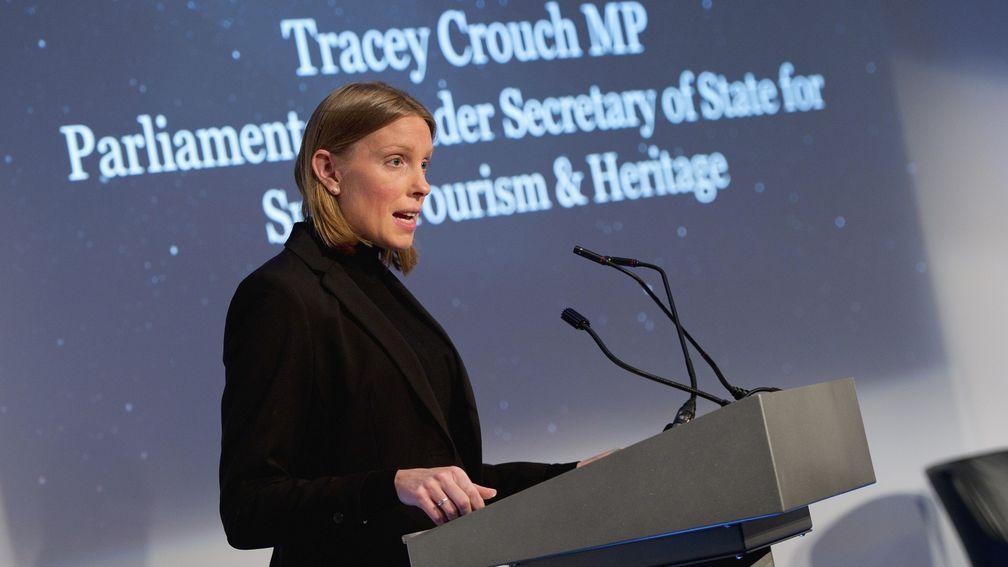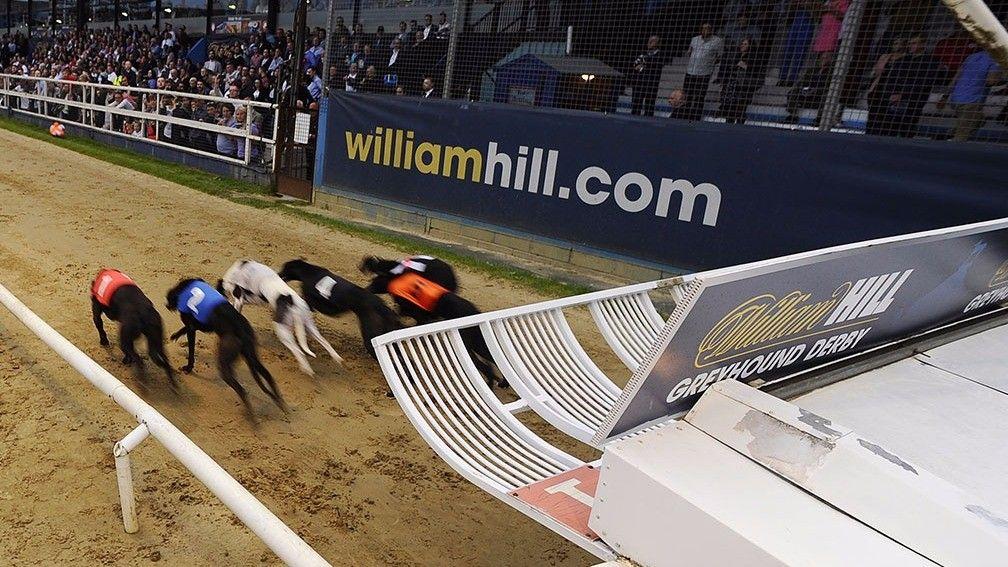Stakes high for racing as Crouch seeks to muzzle machines
The Thursday column

They don’t look particularly important, lurking as they do against the walls of betting shops in clusters of four, but gaming machines, FOBTs – call them what you will – hold the key to whether the bookmaking and racing industries will thrive, survive or nosedive in the coming years.
By May we will know the extent to which culture minister Tracey Crouch will impose a maximum-stake stipulation and whether that will represent a minor inconvenience to betting-shop operators or a financial calamity that will cause the closure of thousands of branches and even more job losses.
And we will also know the likely knock-on effects on the racing industry which, in the bookmakers’ worst-case scenario, will lose tens of millions of pounds in funding because media rights and levy income will shrink dramatically.
What we won’t know is whether cuts in the amount someone can risk on the machines will have its desired aim of protecting vulnerable people from financial ruin. And that’s the trouble with this whole issue, of which more later.
Sadly, racing cannot put its fingers in its ears and say the future of FOBTs is none of its business. It absolutely is.
As the machines boosted bookmakers’ profits and caused more shops to open, racing benefited significantly and it continues to do so.
While we cannot be certain how many shops might close if the maximum stake per play is cut from £100 to £30, £20 or even £2, it is assumed by intelligent people who don’t work for bookmakers that there will be shop closures. We don’t know how many, although figures of more than 4,000 have been mentioned if Crouch goes the whole hog and presses the £2 button.
If that happens then racing will receive substantially less income and that will affect prize-money, which will affect the livelihoods of racing professionals and make racehorse ownership less attractive.
Ah, say those who view the machines with disdain and hatred, but two benefits would occur: those with an addiction to playing roulette, blackjack, etc, in shops would be protected and bookies would actually have to start laying bets on racing for a change instead of sitting back and counting the money from the FOBTs.

Let’s deal with those in reverse order. Does anyone actually believe any betting companies trade racing in a way that would minimise profitability because they have gaming machine revenue to rely on?
It’s a widely-held view but it is completely illogical. There is no sensible explanation for a company to say to its racing traders: “Don’t try to make us as much money as you possibly can any more. We don’t need you to because we are coining it on these FOBTs.”
Quite apart from the fact that the majority of bookmakers own precisely as many physical gaming machines as Princess Anne, those that do have them in their shops have no reason to try to limit profitability in any area of the business.
If FOBTs are subject to vastly limited stakes, or banned altogether, the bookies will still trade racing exactly as they do now. They will still allow losing punters to bet as much as they like and will still clamp down on those shrewder customers who have the temerity to win. Sad but true.
And now on to the elephant in the room as far as the gaming machines issue is concerned. Before I explain what I mean, let me say that if there is conclusive proof that these things do indeed cause widespread social problems and are so dangerous they need to be brought under strict control then of course that has to happen.
And if the betting and racing industries suffer as a consequence, that’s just tough luck even though some might find it slightly odd that a country which allows people to smoke and drink themselves to death in their tens of thousands should ban or limit something that doesn’t appear to have the same potential for destruction.
What I really struggle with, however, is the vision that by muzzling machines with massively reduced maximum stakes, the vulnerable will instantly be protected and the problem will vanish.
What do you think would happen the first time someone walked into a betting shop, fed a £20 note into a FOBT and realised they couldn’t play as they usually did? Here’s my theory: they would ask the staff what was going on. The staff would say there were new restrictions on the machines.
They would then ask the customer to show them their phone and, if they have the right device, which most people do now, would show them how to download their app so they could play the same games online with the old unrestricted stakes.
Whether you consider that obscene exploitation or commercial opportunism, that’s the likely outcome, and the consequences in many cases would be that those vulnerable to playing these things in an indisciplined way would risk doing considerably more damage in the privacy of their home, without the watchful eye of the staff or the feeling of real cash changing hands.
Nor would it totally solve the problem of the cash-only punter finding a way of playing without the new limits. This very week details were revealed about an illegal betting den in Newcastle that was raided and gaming machines taken away. Such premises would almost certainly increase in numbers if the machines in LBOs were heavily restricted.
So while it is hoped that whatever Crouch decides to do will have the effect of solving problem gambling without creating significant job losses and causing hardship to those in racing, it is perfectly justifiable to fear a scenario in which the exact opposite happens, with betting shops closing, racing’s income being hit, employees having to find other ways of earning money and problem gamblers still finding ways to lose fortunes on the spin of a wheel.

Plough Lane closure is a sorry symptom of London’s identity crisis
After a long, slow demise Britain’s flagship greyhound track will be put out of its misery on Saturday when the hare runs for the last time at Wimbledon.
Once a vibrant stadium that attracted many thousands to every meeting, Plough Lane has deteriorated into a hideously grotty venue, an investment-free zone that insults its customers by offering such a poor experience.
The greyhounds themselves and the wonderful people who look after them for negligible financial return are the ones who have kept the show on the road this long and the sad aspect of its closure is that it is these people who will feel its loss most acutely.
It is a disgrace that the owners of Wimbledon did not have the brains or the balls to realise that if you built a modern, comfortable, smart greyhound track with nice bars, decent grub and a swanky restaurant the people would have flocked there.
If you live inside the M25 and want a night at the dogs you can still go to Crayford or Romford, where you won’t feel like you are trespassing on a building site, but in terms of London postcodes the capital is two days away from not having a dog track for the first time in nearly a century.
Little by little this great city is having the many quirky places that gives it its identity and appeal eroded. Theatres, bookshops, dog tracks, racecourses, ice-rinks and pubs are being gobbled up by the monster that is housing.
Wimbledon holds many happy memories for me, especially the great Derby nights, and the only thing that makes its closure easier to swallow is that by the end it had become such a dire, decrepit dump.
Sport’s greatest week just needs a few tweaks
It would take far longer to list the things that are right about the Cheltenham Festival than pinpoint its flaws, but in the hope that they won’t remove the good stuff, here are three suggestions to make the greatest week of the year even greater:
1 Make the big screens bigger
Reluctant though I am to obscure the views of those glorious hills in the distance, it’s not as easy as it should be to follow the racing from the stands because the big screens are not actually very big.
You shouldn’t need binoculars to follow the action on a big screen but you do.
2 Make all races 48-hour decs
I moaned about this long and hard last year but so far, apart from a tentative “yeah, we might look at it” from the BHA, there has been no major encouragement that the current unacceptable situation, in which we don’t know the fields until the day before, is going to change. It must.
3 Don’t let your knees jerk
There was no need for Cheltenham to feel it had to clamp down on an alcohol problem just because a few no-mark celebs got tanked up and misbehaved slightly at last year’s festival.
Annoying people by limiting the number of drinks they can buy at once and forcing more drunk people to exit the course at the same time by closing the bars earlier were pointless decisions, and it was stupid to attract media attention to a problem that doesn’t exist by announcing the new measures.
Sounds like someone in PR was being a little too busy.
Published on inBruce Millington
Last updated
- Vaccine offers hope that sport will open its doors and is something to celebrate
- DeChambeau's approach doesn't appeal to me, but his price certainly does
- We'd do well to pay greater respect to life's uncertainties
- Bruce Millington: celebrate the range of racing options rather than cutting back
- Villa are clearly on the up but theirs odds oversell the chance of a title miracle
- Vaccine offers hope that sport will open its doors and is something to celebrate
- DeChambeau's approach doesn't appeal to me, but his price certainly does
- We'd do well to pay greater respect to life's uncertainties
- Bruce Millington: celebrate the range of racing options rather than cutting back
- Villa are clearly on the up but theirs odds oversell the chance of a title miracle